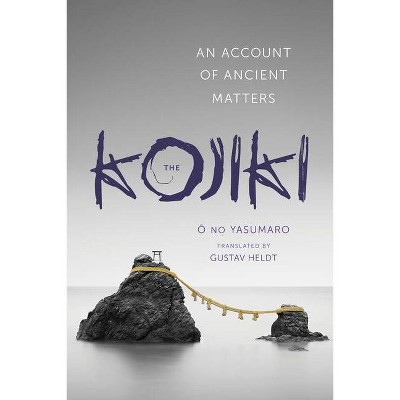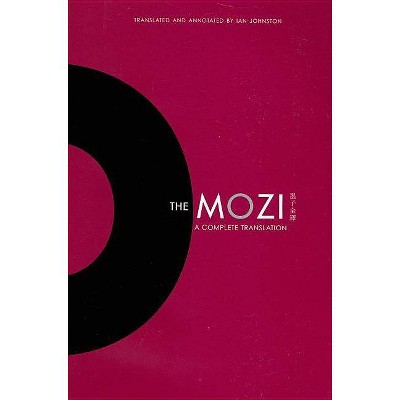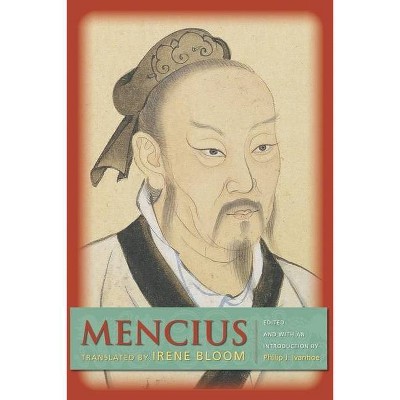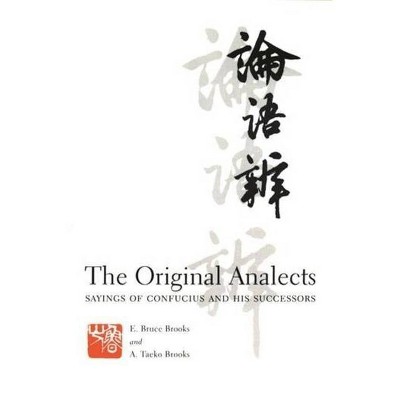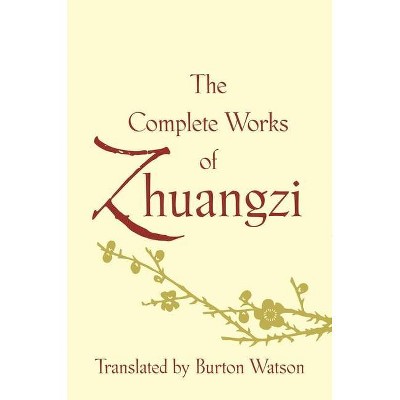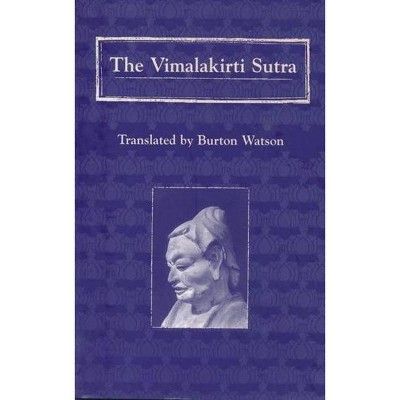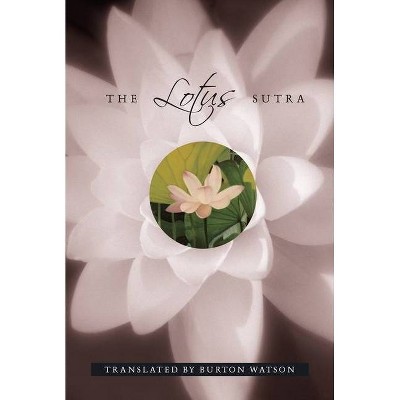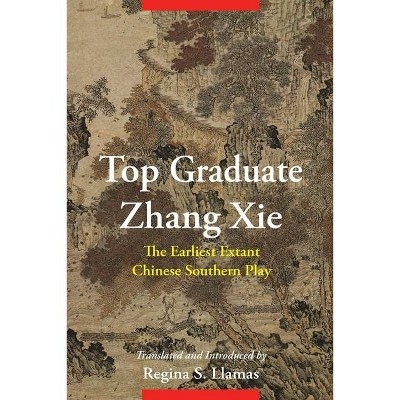The Kojiki - (Translations from the Asian Classics) Annotated by No Yasumaro Ō (Hardcover)
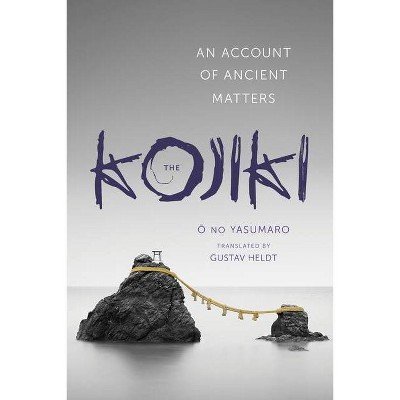
Similar Products
Products of same category from the store
AllProduct info
<p/><br></br><p><b> About the Book </b></p></br></br>Chronicles the mythical origins of Japan's islands and their ruling dynasty through a diverse array of genealogies, tales, and songs<p/><br></br><p><b> Book Synopsis </b></p></br></br>Japan's oldest surviving narrative, the eighth-century <i>Kojiki</i>, chronicles the mythical origins of its islands and their ruling dynasty through a diverse array of genealogies, tales, and songs that have helped to shape the modern nation's views of its ancient past. Gustav Heldt's engaging new translation of this revered classic aims to make the <i>Kojiki</i> accessible to contemporary readers while staying true to the distinctively dramatic and evocative appeal of the original's language. It conveys the rhythms that structure the <i>Kojiki</i>'s animated style of storytelling and translates the names of its many people and places to clarify their significance within the narrative. An introduction, glossaries, maps, and bibliographies offer a wealth of additional information about Japan's earliest extant record of its history, literature, and religion.<p/><br></br><p><b> Review Quotes </b></p></br></br><br><i>The Kojiki</i> has a lot to interest those with a strong passion for Japanese literature... an essential read if you have more than a superficial interest in the culture.--Tony's Reading List<br><br>For the reader willing to surrender his or her empirical insistencies - to luxuriate in the beauty of language - the<i> Kojiki </i>is time well spent.--The Japan Times<br><br>Gustav Heldt's translation of the <i>Kojiki</i> provides the English-speaking reader with the easiest access to Japan's oldest extant book.--Japanese Journal of Religious Studies<br><br>The first time a translator has gone so far as to translate the names of the spirits, rulers, and places, an addition that makes the text infinitely more meaningful.--CHOICE<br><br>A translation of the <i>Kojiki</i> that is accurate and faithful to the original and at the same time exciting to read. A key element of the <i>Kojiki </i>mythology is the power of naming, and Heldt's decision to translate the names of its various gods and royal figures has brought the narrative alive in a way that it has never been before in English.--Torquil Duthie, University of California, Los Angeles<br><br>An accomplished and approachable translation of a crucially important work that has been desperately in need of such a new rendition.--David Lurie, Columbia University<br><br>Heldt's new, complete, and contemporary translation brings vibrancy and clarity to this often politicized work of ancient Japan. The poetry is rendered exquisitely, the narratives unfold with clarity; the translation itself is at once impeccable and imaginative. A master work that will generate discussions far into the future.--James E. Ketelaar, University of Chicago<br><br>This rich and accessible translation will be welcomed by specialists and students alike, and will no doubt invite renewed interest in the <i>Kojiki</i> as literature in the English reading audience.--Ann Wehmeyer "H-Asia "<br><p/><br></br><p><b> About the Author </b></p></br></br>O no Yasumaro (d. 723) was a nobleman of the Japanese court whose O clan ruled over an area bearing the same name near the eighth-century capital of Nara. <p/>Gustav Heldt is an associate professor of Japanese literature at the University of Virginia and the author of <i>The Pursuit of Harmony: Poetry and Power in Early Heian Japan</i>.
Price History
Price Archive shows prices from various stores, lets you see history and find the cheapest. There is no actual sale on the website. For all support, inquiry and suggestion messagescommunication@pricearchive.us
